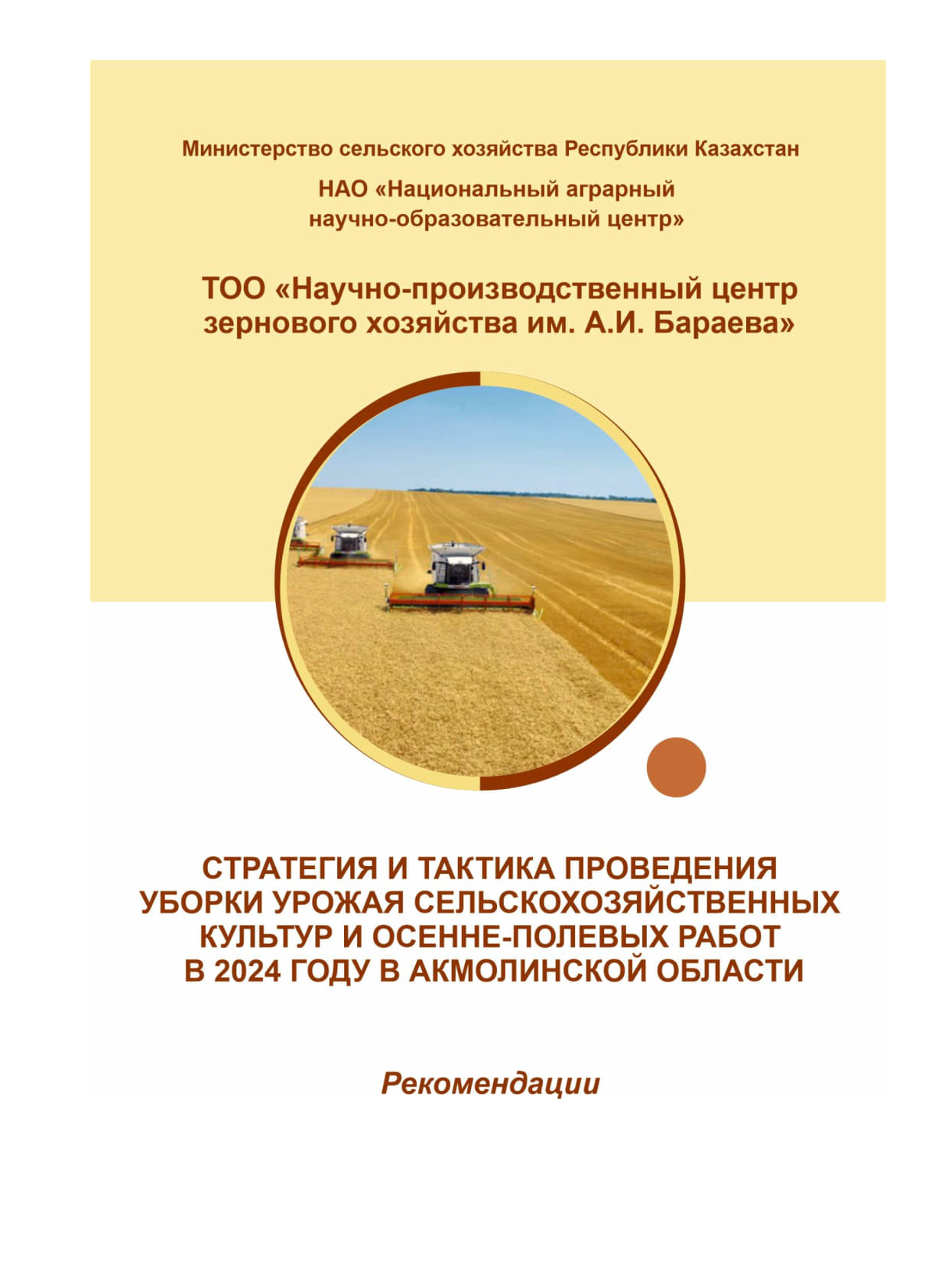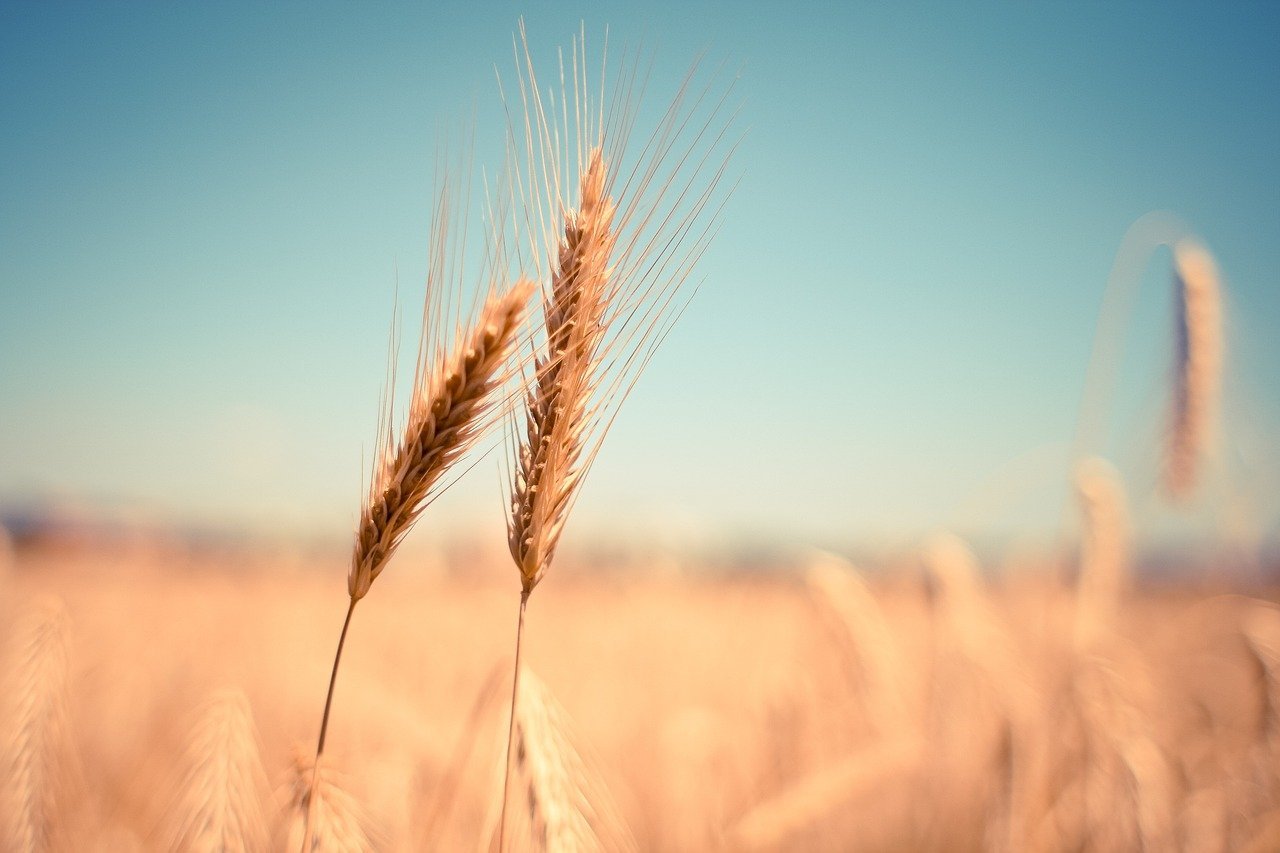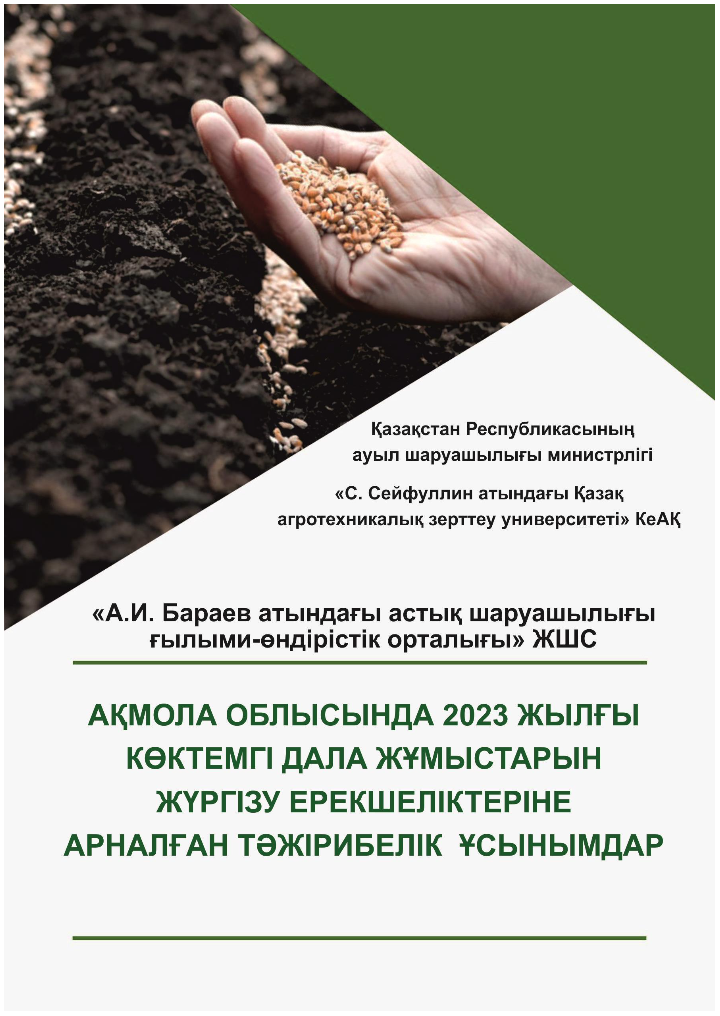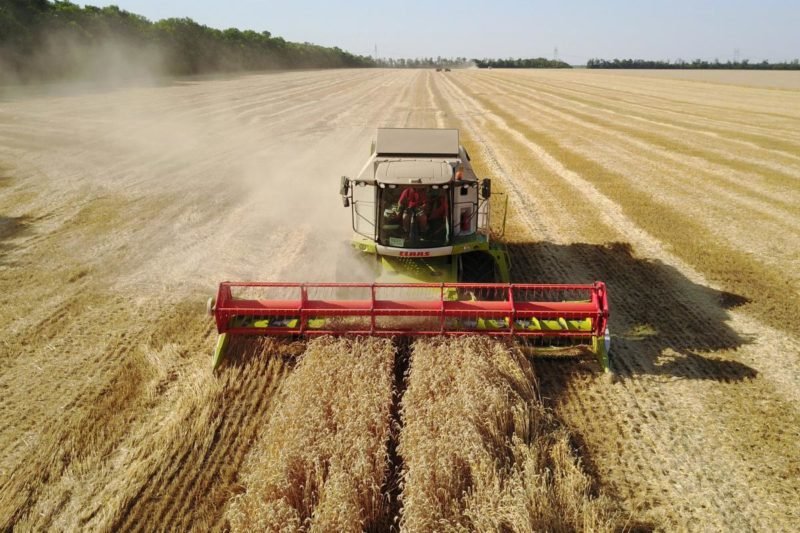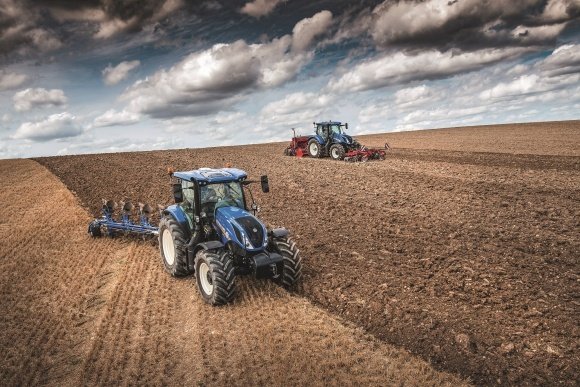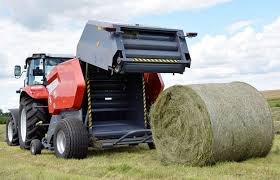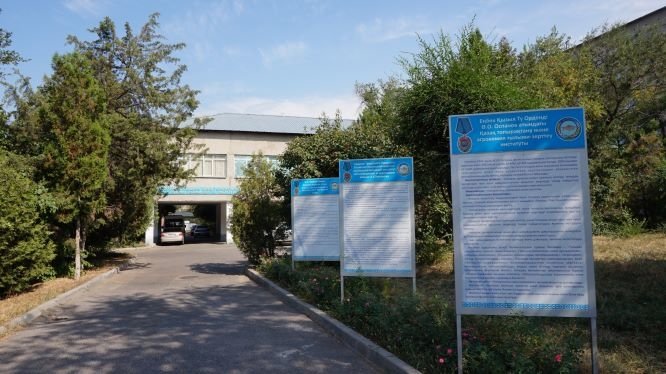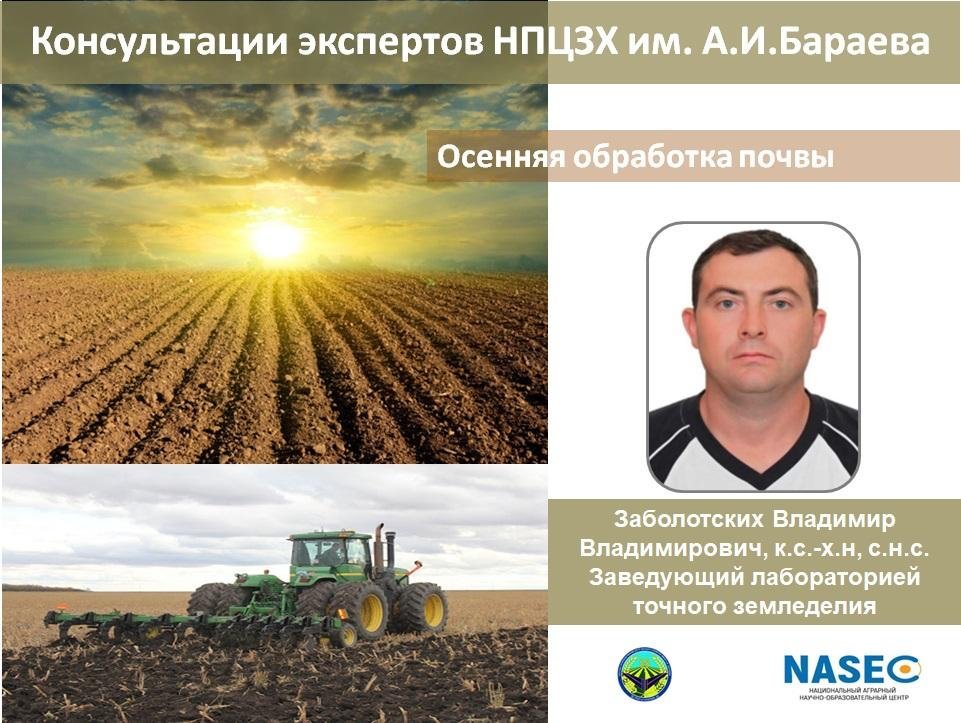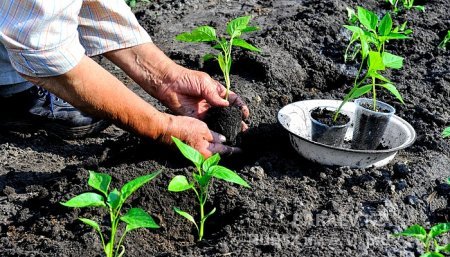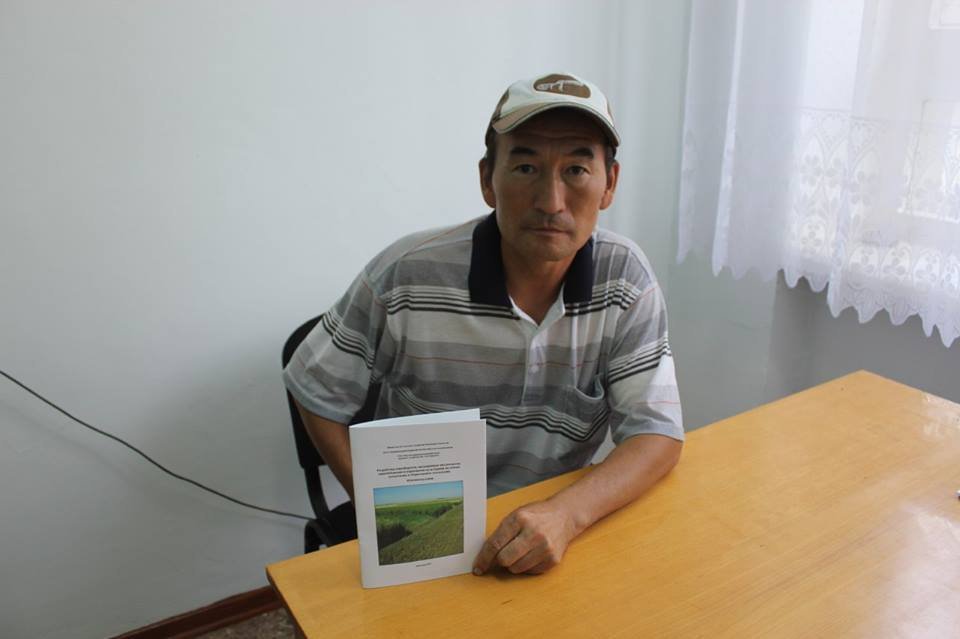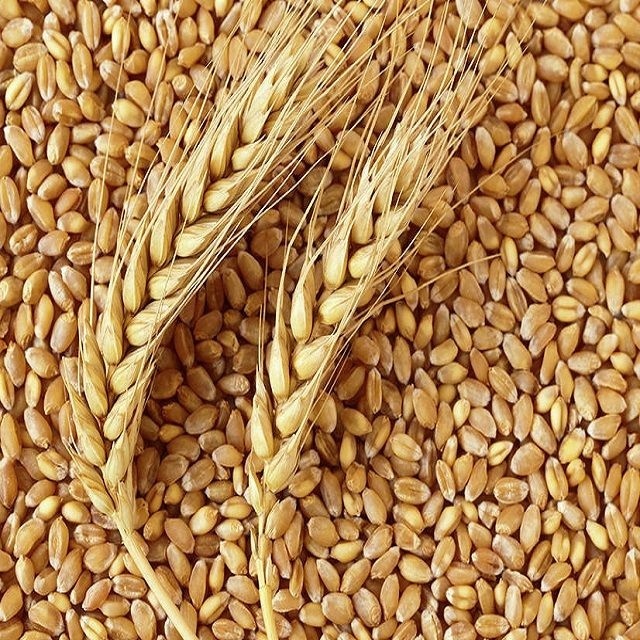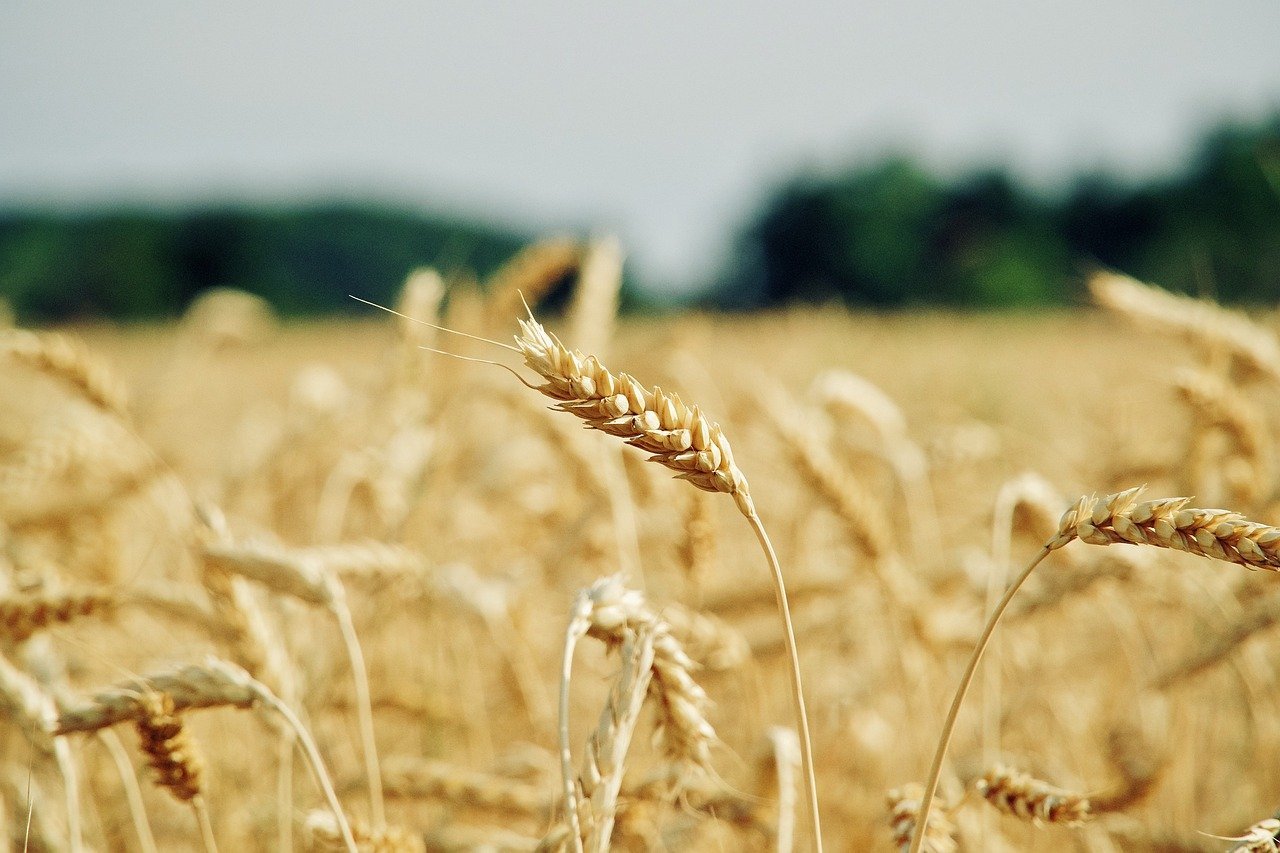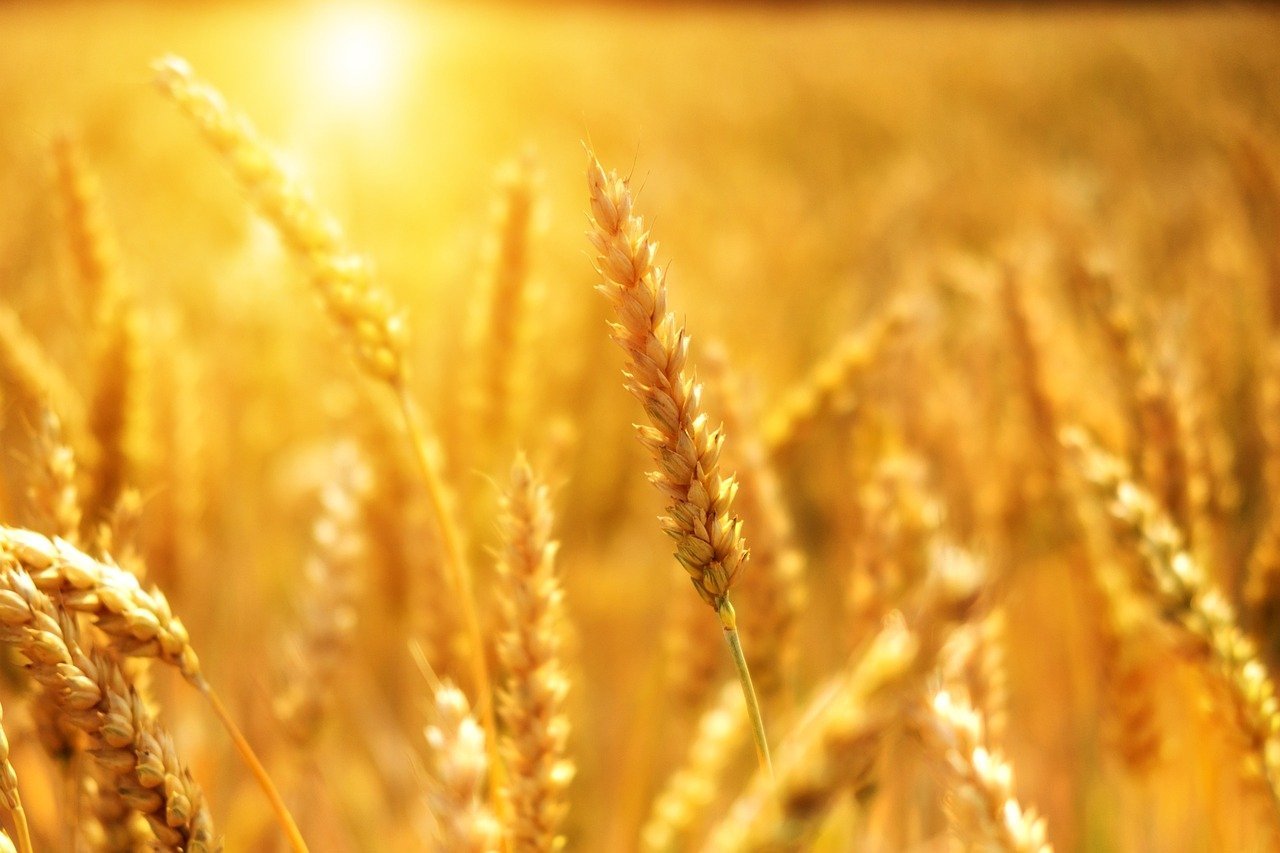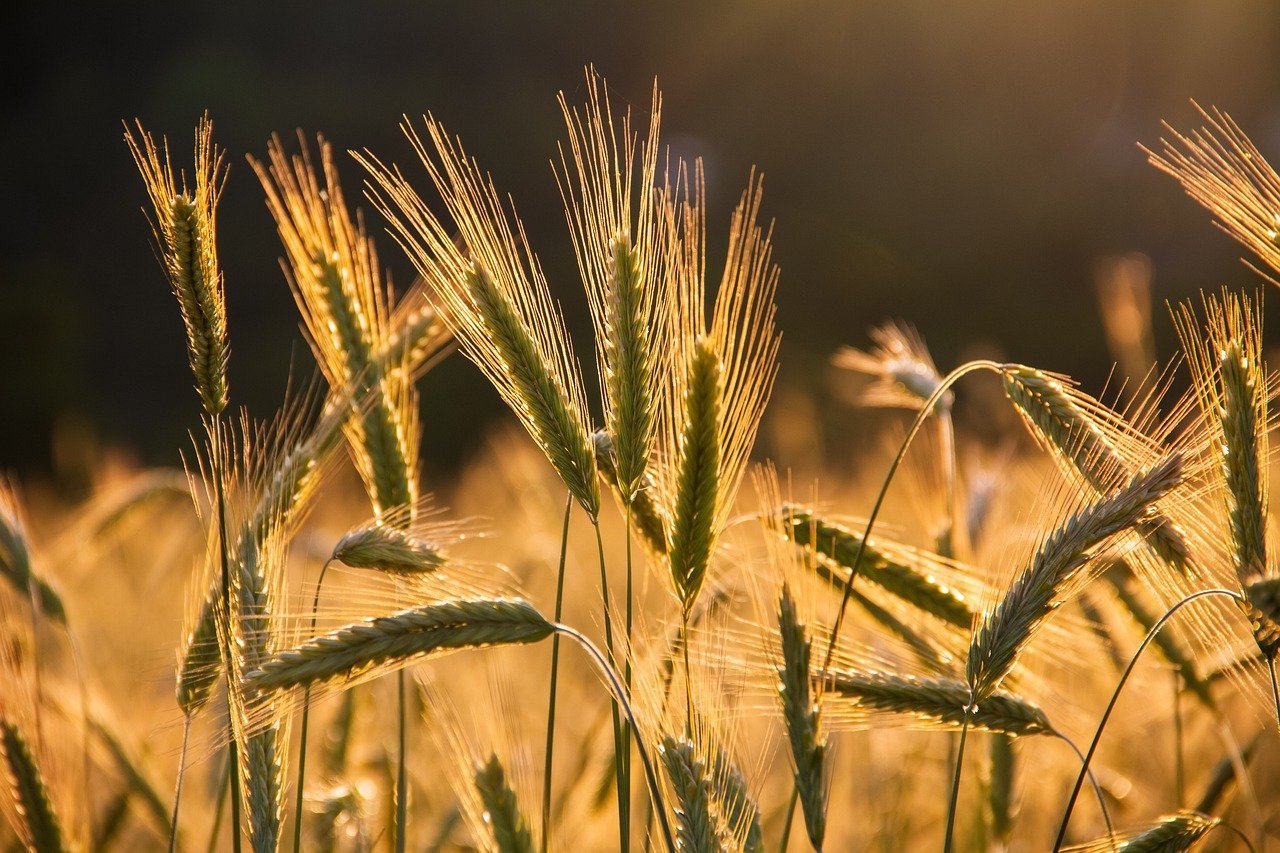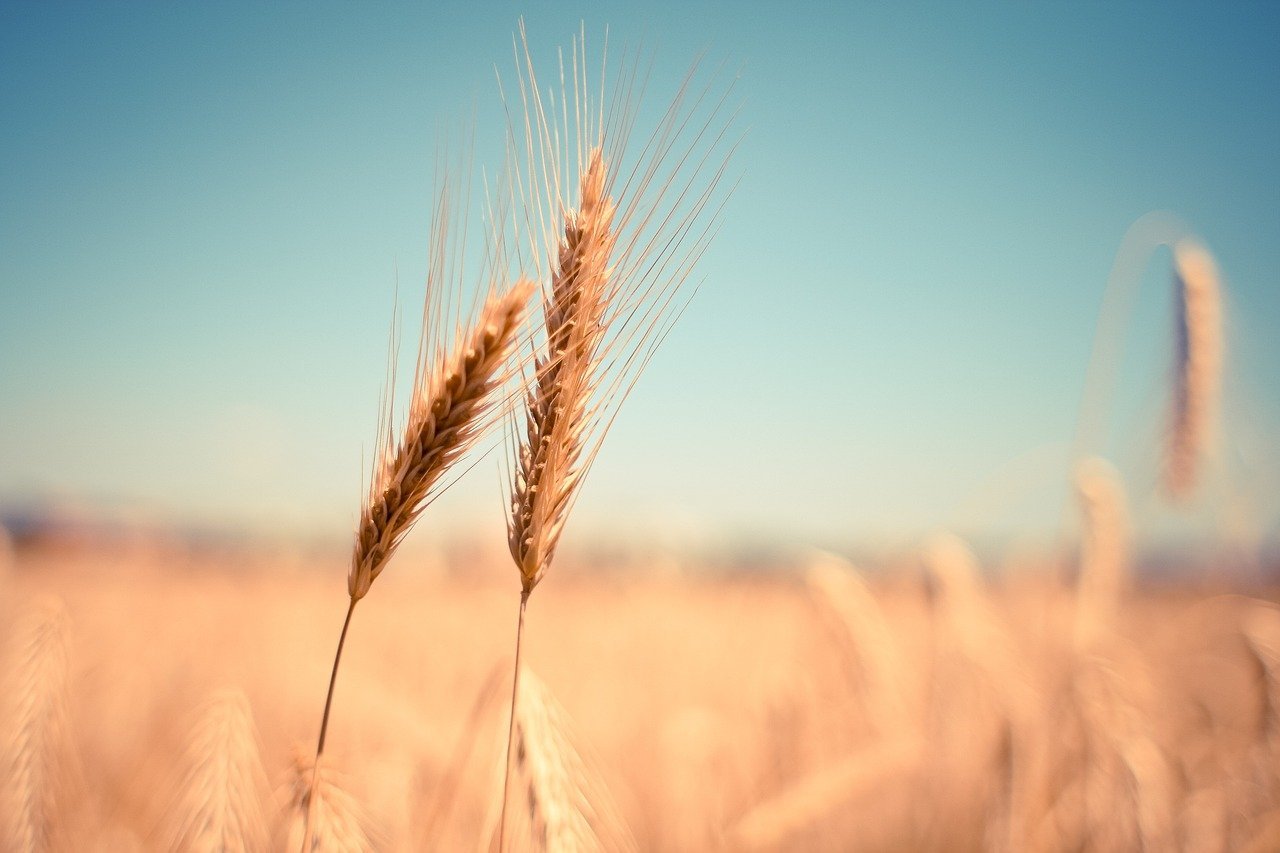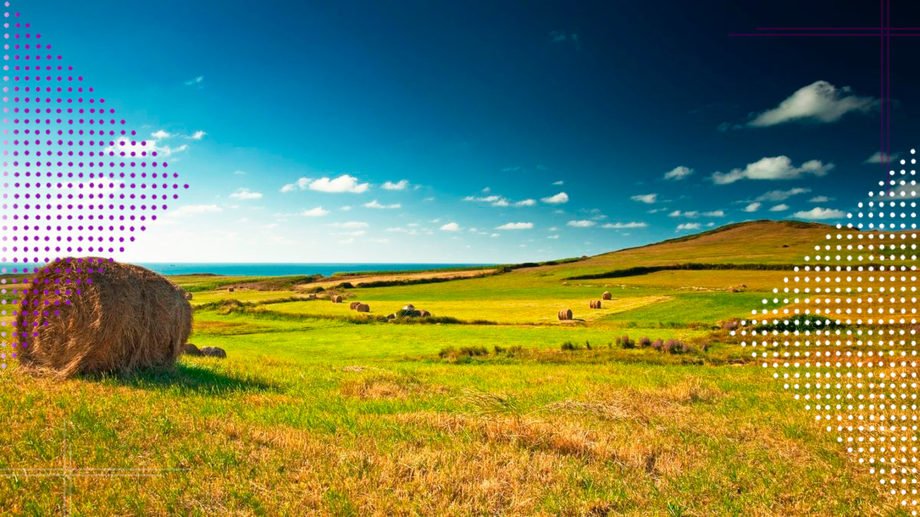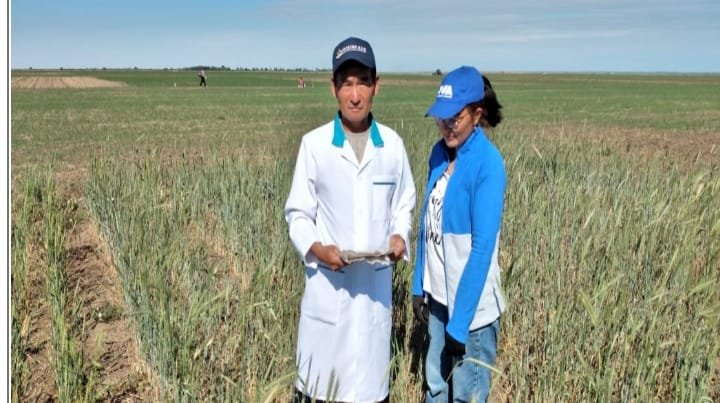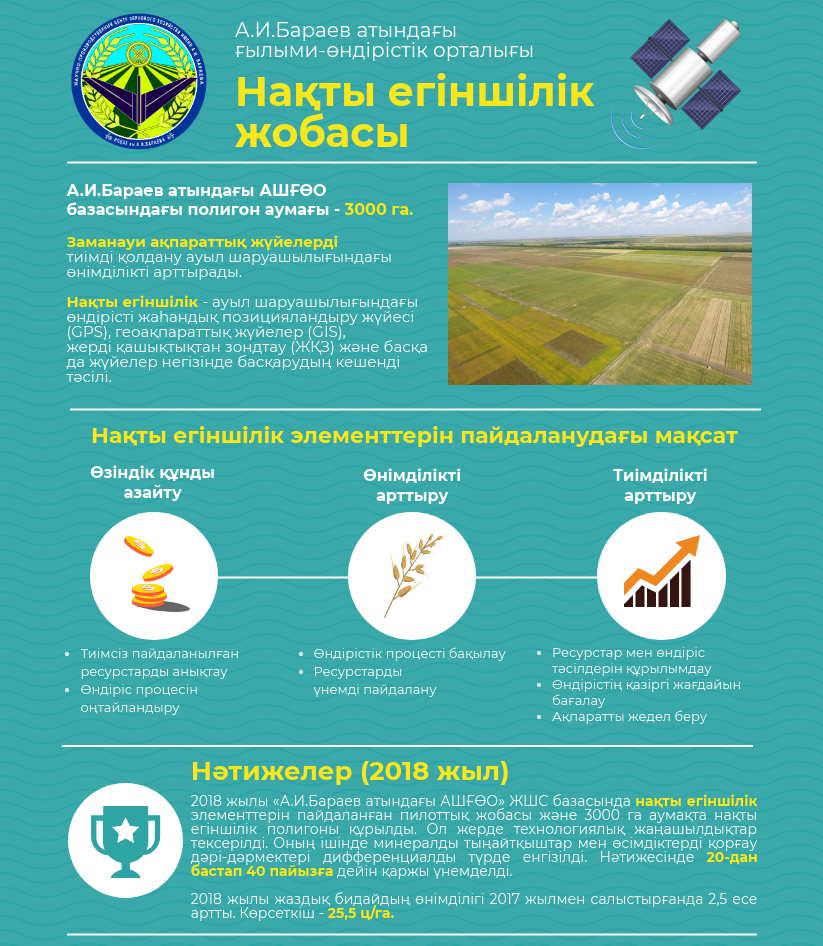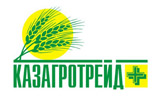Forage crops under special control
Главная
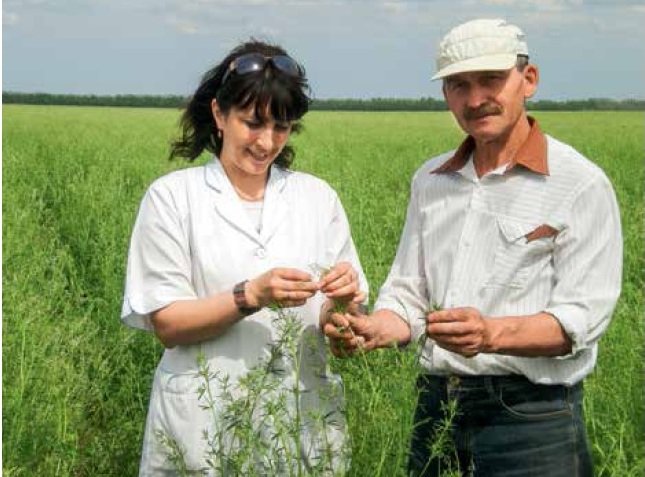
In Northern Kazakhstan (especially in the steppe zone), the specific gravity of complex saline soils is high. This complicates their land use, as it requires careful selection of salt- and salt-tolerant crops. In addition, these soils have poor physico-mechanical and water-physical properties (high density, swelling, stickiness, low water permeability). Therefore, it is necessary to carry out mechanical treatments on saline soils, which, in turn, leads to large additional costs. Increasing the productivity of farmland on such soils is an important task for every farmer. Statistics show that 40% of natural forage lands in Kazakhstan are located on salt–bearing complexes, and more than 25% of arable areas are on unproductive salt-bearing soils.
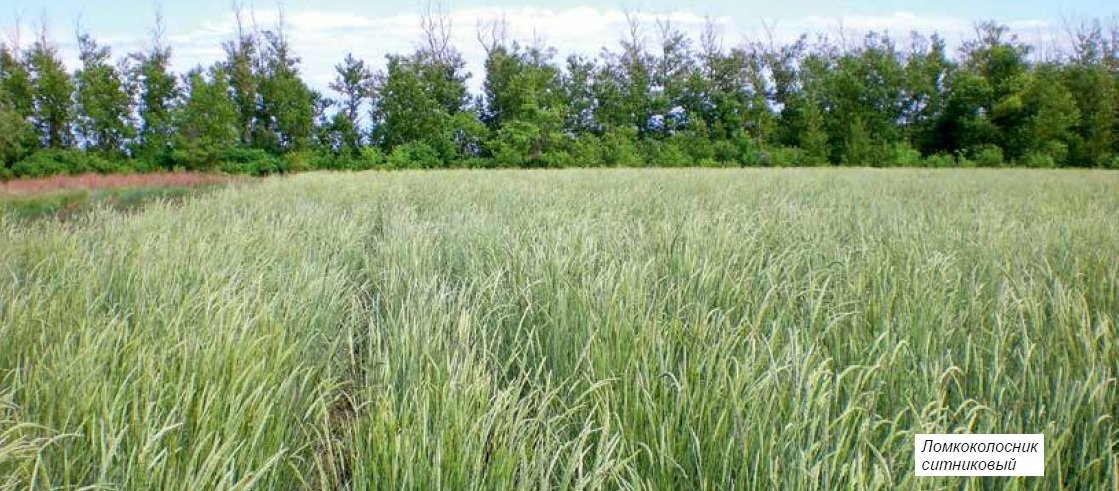
In the conditions of Northern Kazakhstan, varieties of perennial grasses can be used to improve natural unproductive hayfields and pastures on complex saline soils. The cultivation of these crops allows you to provide cattle with green fodder during the pasture period, and also allows you to prepare hay for the winter stall period. The above-mentioned perennial herbs are used for tinning and improving salt pans with little labor and money. Anyone interested in this relevant topic can find out about all this in the article “Salt-resistant species and varieties of perennial grasses” by N. I. Philippova, PhD in Agricultural sciences, head. Department of perennial grasses breeding of “SPC GF named after A. I. Barayev” LLP, E. I. Parsayev, Head of perennial legumes breeding laboratory of “SPC GF named after A. I. Barayev” LLP in the first issue of the agricultural journal “Agrarian Sector”.
